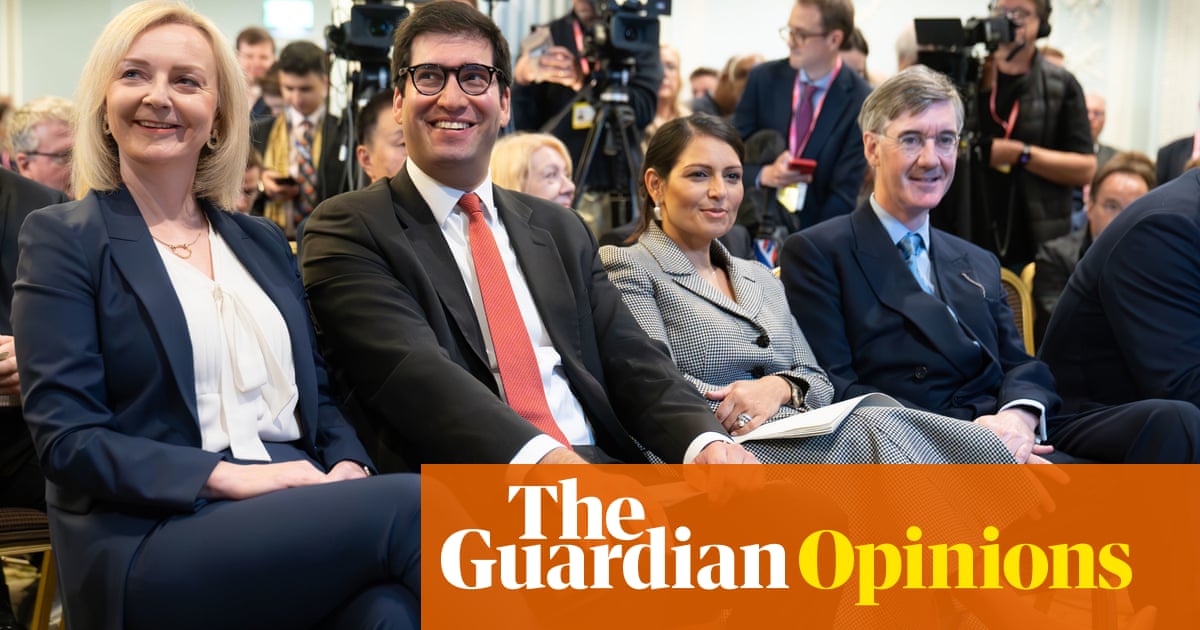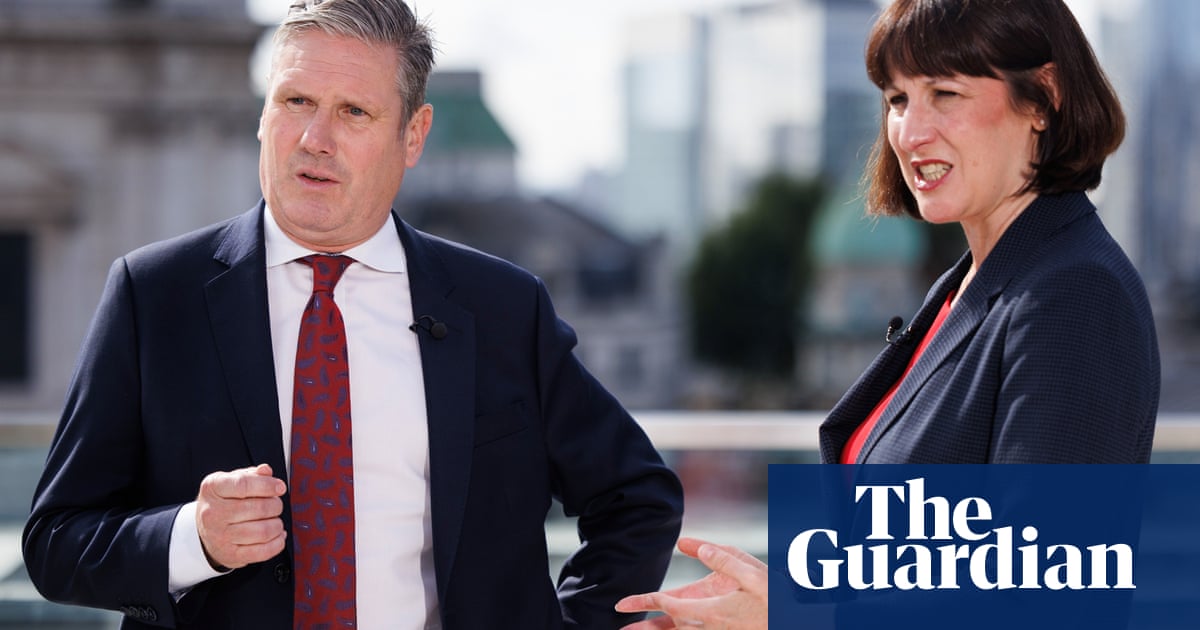
or someone who has so incessantly bragged that his government is delivering a “world-beating” response to the coronavirus crisis, Boris Johnson becomes peculiarly shy whenever anyone presents him with direct questions about how his government is doing in comparison with the rest of the planet. Recently taxed on why British casualties of the disease are amongst the highest in the world, the prime minister swerved the question by contending that this wasn’t helpful because “we must wait until the epidemic has been through its whole cycle in order to draw the relevant international comparisons”.
They are certainly not helpful to a government losing the battle to convince the public that its handling of the crisis has been competent. The most straightforward way to assess the UK’s performance is to compare the number of deaths with the fatalities normally experienced for the time of year. The “excess death” rate over the average of the previous five years has topped 60,000. With 955 “excess deaths” for every million people, the UK has the grimmest record of all countries providing comparable data. In that respect only can the Johnson government’s performance be said to be “world-beating”.
The other side of the dismal coin is the economic calamity inflicted by this pandemic. On this measure, too, the record is likely to be bleaker than similar countries. The OECD is projecting that the UK will suffer the deepest downturn among advanced economies. It is only a forecast, but it chimes with other indicators suggesting that this country will pay a uniquely high price for its sluggish imposition of the lockdown and the government’s chaotic mismanagement of the attempt to grope towards an exit. All of which is fuelling the fear that it will be Britain’s fate to get the worst of both worlds: a higher death rate than comparable countries and a more ravaged economy. That dread now radiates from Tories like a pungent musk. One former cabinet minister says: “If the public conclude that we are a useless shower of incompetents who were asleep at the wheel, they’ll start taking a serious look at Sir Keir Starmer QC.”
The polls suggest that voters are already beginning to do just that. The Opinium poll that we publish today indicates that public approval of the government’s handling of the crisis has fallen to a new low of just 3 in 10.
The UK has not been alone in struggling to cope with a novel disease, but voters are clocking that their country is a global stand-out in handling the crisis particularly badly. When the inevitable public inquiry is convened it will have to decide how much blame should be allocated to longstanding institutional weaknesses and how much can be attributed to the actions and inactions of particular individuals.
Many Tory MPs are flashing knives at Public Health England, which they blame for early mis-steps in establishing an adequate testing regime. “I can’t see how Public Health England survives this,” says one senior Tory representative of the many who hold this view. It is convenient for Johnsonites to blame failings by organisational structures that predate his arrival at Number 10. It is not helpful to the reputation of the Conservative party as a whole. The Tories have been in power for more than a decade and the NHS’s current configuration is a result of the “Lansley reforms” implemented during David Cameron’s premiership.
The scandalously unchecked rampage of the disease through care homes has cut deeply into the public consciousness. Everyone in politics has known for years that the care sector is fragmented and under-resourced. It could scarcely have been more at a risk. The scientific advisers on the Sage group flagged up the vulnerability of care homes as early as February. Yet the government devoted more zeal to protecting the prime minister’s rule-breaking adviser, Dominic Cummings, than it did to safeguarding the lives of the fragile elderly. A just-released report by the National Audit Office estimates that 25,000 elderly people were discharged from hospitals into homes without being tested at the height of the pandemic.
Institutional weaknesses might have been ameliorated by a government with an able character and organisational flair. It was Britain’s misfortune for the emergency to occur under a prime minister notably ill-suited to handling a crisis of this nature and magnitude. Time and again, I have heard accounts from inside government of warnings given and action exhorted only for the machinery never to properly click into gear for want of decisive leadership. In an administration so shaped by the its leader’s personality, this has flowed from the top. Boris Johnson was complacently late to grasp the gravity of the crisis and then animated by a panic-driven urge to try to impress the public by throwing out pledges he could not deliver. One critique, often to be heard now even from erstwhile admirers, is that his outfit at Number 10 is not so much a government as a campaign. More accomplished at generating propaganda than making policy, the Johnson gang has approached dealing with a disease as if it were no different to defeating Remainers or Jeremy Corbyn.
To an extent perhaps still not fully appreciated, this Number 10 is obsessed with polling and focus grouping, which they conduct daily, and how things are projected in the media. “The problem with this government is that it is led by journalists,” says one senior official. “Action this day” was one of Winston Churchill’s famous injunctions. For Boris Johnson, it has been: “An empty pledge to get me through the day.” Where energy ought to have been directed to making important things happen, it was expended on concocting brags that might temporarily garner approving headlines or neutralise hostile ones. The result has been a persistent pattern of over-promising and underperforming. At one point, Mr Johnson was hailing antibody tests as “a game-changer”. Soon after, he had moved on to promising a “world-beating” system for tracing and isolating infection. One that works would do. When their performance has failed to match ministerial boasts, data has been misrepresented to the public and so brazenly that it has attracted a rare rebuke from the head of the UK Statistics Authority.
Some suggest that vital weeks were lost when Mr Johnson was struck down by the virus and the ministers left to mind the shop were too terrified to make any decisions. Alternative, even more damning, accounts from inside government suggest that the vacant prime ministerial chair had scant impact on the management of the crisis. When I asked one person at the heart of decision-making how much difference the prime minister’s absence had made, he replied: “To be honest, not much.”
His inadequacies would not have mattered so much were the prime minister surrounded by capable ministers. His weaknesses have been magnified because he deliberately appointed a cabinet conspicuously light on talent – “the nodding dogs”, as one senior Tory labels them. The cabinet were chosen not for their ability, dynamism or independence of thought, but for their devotion to a hard Brexit and obedience to Number 10.
Thus Gavin Williamson is an education secretary more famous for his possession of a pet tarantula than for any expertise about education. Thus, even after three months to prepare a feasible plan for reopening schools, there isn’t one. Thus we contemplate the ridiculous situation where zoos, pubs and bookies will be open for business before many young people get back into the classroom. No other European country has made such an abysmal mess of reopening schools.
I talk to an increasing number of Tory MPs who fear that the combination of so many coronavirus blunders and a much more plausible leader of the opposition is a turning point. Two former senior cabinet ministers were recently in conversation and discovered they were both wondering if this is becoming another “ERM moment” for their party. Back in 1992, a recently re-elected Conservative government under John Major shattered its reputation when Britain crashed out of the ERM on what became known as Black Wednesday. That Tory government never restored public faith in its competence.
History never exactly repeats itself, but we can tell that this kind of comparison is beginning to rattle Boris Johnson. He has started insisting that it is “too early to judge ourselves”, a formulation that attempts to postpone and collectivise the reckoning. It is not too early and the public is beginning to judge him.
• Andrew Rawnsley is Chief Political Commentator of the Observer












